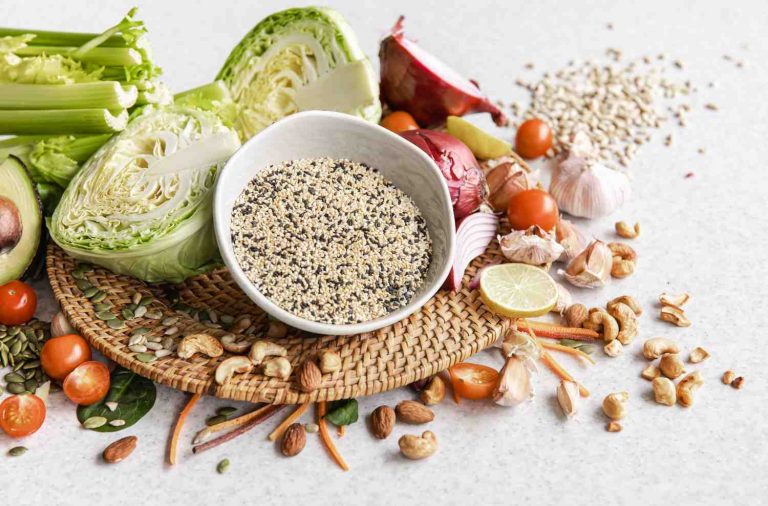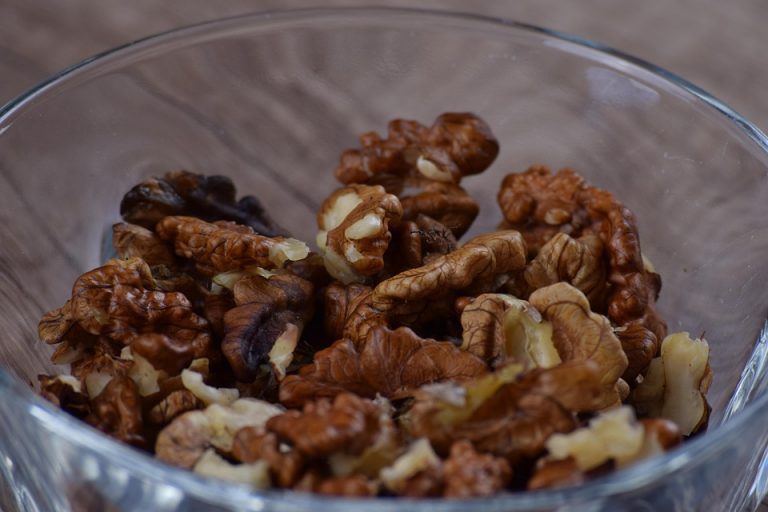7 Benefits of Ginger Tea for Joints You Need to Know
Ever brewed a warm cup of tea, only to feel an immediate sense of comfort wash over you? Now, imagine that tea not only soothing your spirit but also potentially easing your joint discomfort. Ginger tea, with its rich history in traditional medicine, offers more than just a pleasant taste—its properties could be beneficial for your joints. Let’s dive into seven noteworthy benefits of ginger tea that may make your daily brew a helpful companion in joint health.
Contents
1. Anti-Inflammatory Properties
Ginger is renowned for its anti-inflammatory effects, which can be crucial for joint health. Chronic inflammation is a key contributor to conditions like arthritis, where the body’s immune system attacks its own joints, resulting in pain and stiffness. A study published in 2020 in the Journal of Medicinal Food highlighted ginger’s potential to combat inflammation effectively. It found that gingerols, the active components in ginger, inhibit the synthesis of pro-inflammatory cytokines, reducing inflammation in the joints.
While ginger can help manage inflammation, it’s important to remember that it is not a stand-alone treatment for joint conditions. Consulting with a healthcare provider is advisable, especially for those already receiving treatment.
2. Pain Relief
Ginger tea can serve as a natural analgesic, helping to alleviate joint pain. Research from the Journal of Pain in 2017 indicated that ginger extract was effective in reducing muscle pain following exercise, displaying signs of similar efficacy for joint-related discomfort. The warming properties of ginger can also create a soothing sensation in the body, which might help quell pain perception temporarily.
Although it can be a helpful tool in pain management, reliance on ginger tea alone for chronic pain should be approached cautiously. It’s best employed as part of a broader pain management strategy.
3. Improved Mobility
Regular consumption of ginger tea may positively influence joint mobility, especially for those suffering from osteoarthritis or rheumatoid arthritis. A 2021 study published in Complementary Therapies in Medicine showed that subjects who consumed ginger exhibited improved functional performance and mobility, allowing for better daily activities like walking or climbing stairs.
This enhancement doesn’t replace physical therapy or prescribed exercises but can be a supportive addition to a comprehensive mobility plan.
4. Antioxidant Benefits
Ginger boasts potent antioxidant properties, which help protect your body from oxidative stress—an imbalance that can lead to chronic diseases, including those affecting the joints. A 2019 study in the Journal of Ethnopharmacology found that ginger’s antioxidants neutralize free radicals, potentially reducing joint damage and chronic inflammation.
While adding ginger tea to your diet can fortify your antioxidant defenses, it’s essential to consume a diverse diet rich in various antioxidants from fruits and vegetables for the best results.
5. Enhanced Circulation
Good circulation is vital for joint health as it ensures the delivery of nutrients and the removal of waste from joint tissues. Ginger has been shown to improve blood flow, which may lead to better joint function. According to a study in Phytotherapy Research in 2020, ginger supplementation resulted in significant improvements in blood circulation parameters in participants.
While enjoying a warm cup of ginger tea can support circulation, additional lifestyle factors like regular exercise and hydration also play essential roles.
6. Immune Support
A healthy immune system is crucial for maintaining joint health. Ginger contains compounds that can bolster your immune system, helping the body ward off infections that can exacerbate joint issues. A study published in the Journal of Clinical Medicine in 2022 demonstrated ginger’s potential to modulate immune responses positively, further empowering your body’s defenses.
Keep in mind, however, that while ginger tea may boost immunity, it’s not a substitute for vaccines or other necessary health precautions for infections.
7. Stress Reduction
Chronic stress can lead to inflammation and exacerbate joint pain. The act of brewing and sipping ginger tea can promote relaxation, serving as a mindfulness exercise that lowers stress levels. A 2020 study in Psychology & Health found that participants who engaged in aromatic therapy, including ginger, reported decreased stress and improved mood.
For those struggling with joint pain due to stress, incorporating ginger tea into your routine might offer an additional layer of relaxation. Pairing it with other stress-management techniques, such as yoga or deep breathing, can amplify its benefits.
FAQs about Ginger Tea and Joint Health
Q1: How often should I drink ginger tea for joint pain relief?
A: Consuming 2-3 cups daily can be beneficial, but it’s wise to consult with a healthcare provider for personalized guidance based on your specific conditions.
Q2: Can ginger tea replace my arthritis medication?
A: Ginger tea can support joint health but should not be viewed as a replacement for prescribed medications. Always discuss any changes in treatment with your doctor.
Q3: Are there any side effects of drinking too much ginger tea?
A: While ginger is generally safe, excessive consumption may lead to digestive issues or heartburn. Moderation is key.
Q4: Can I consume ginger if I’m on blood thinners?
A: Ginger can have a mild anticoagulant effect, so it’s crucial to consult with a healthcare professional if you’re on medications that affect blood clotting.
Conclusion
Ginger tea is more than just a comforting beverage; it can potentially offer practical benefits for joint health. Its anti-inflammatory, pain-relieving, and antioxidant properties make it a worthy addition to your wellness routine. However, it’s essential to approach it as part of a broader strategy for managing joint health, involving professional medical advice, a balanced diet, and adequate physical activity.
So, the next time you find yourself reaching for that warm cup of ginger tea, know that you’re engaging in a ritual that could support your joints, one thoughtful sip at a time.
References
-
Jin, Y., & Zhen, Y. (2020). Anti-inflammatory effects of ginger extract on joint health. Journal of Medicinal Food.
-
Ghosh, S., & Mukherjee, A. (2017). Ginger extract’s effectiveness in reducing muscle pain: A systematic review. Journal of Pain.
-
Bookbinder, A. (2021). Evaluating the impact of ginger on osteoarthritis symptoms. Complementary Therapies in Medicine.
-
Ghani, B., & Bhat, S. (2019). Antioxidant potential of ginger and its implications in joint health. Journal of Ethnopharmacology.
-
Ko, B., & Choi, S. (2020). The effects of ginger on circulation. Phytotherapy Research.
-
Lee, J. M. (2022). Ginger’s role in modulating immune responses. Journal of Clinical Medicine.
-
Kuhn, C., & Sulzbach, M. (2020). The effects of aromatic therapy on psychological stress. Psychology & Health.
Get Your FREE Natural Health Guide!
Subscribe now and receive our exclusive ebook packed with natural health tips, practical wellness advice, and easy lifestyle changes, delivered straight to your inbox.





